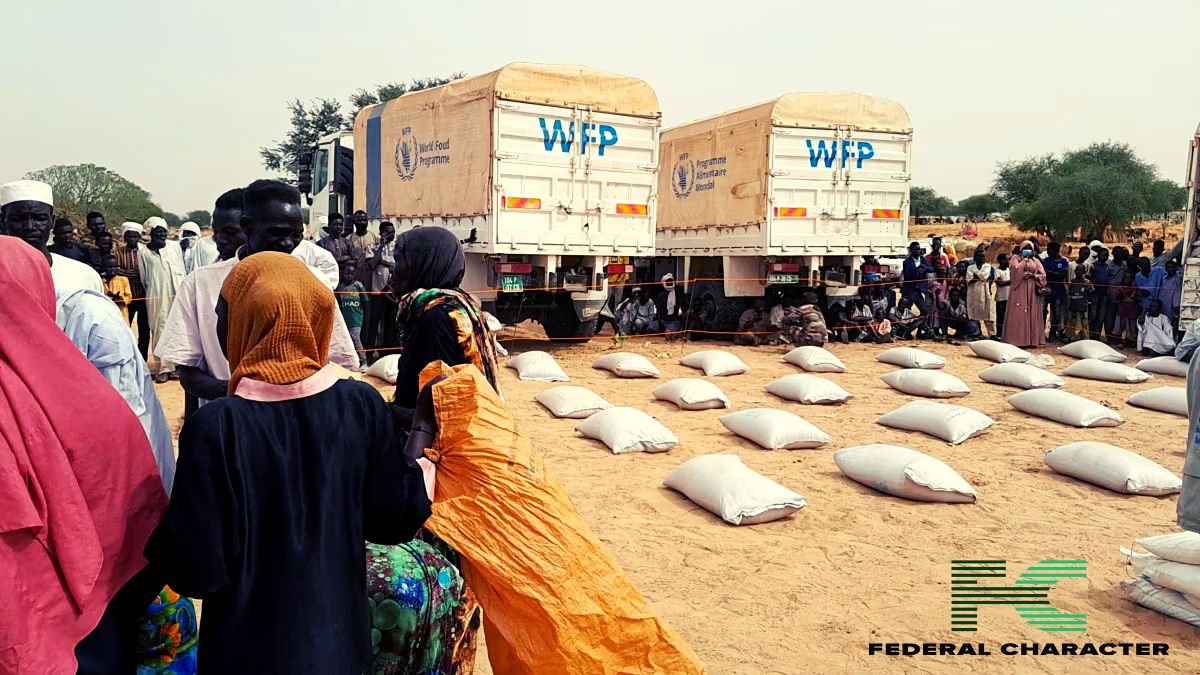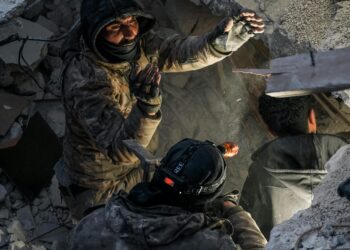A grave situation has emerged in Sudan, where millions of people are experiencing a shortage of food, leading to dire consequences. After four months of intense conflict that has ravaged the capital city, Khartoum, and triggered ethnically-motivated attacks in Darfur, the United Nations issued a warning on Tuesday.
Farmers are running out of time to plant crops that would provide sustenance for themselves and their neighbours. Meanwhile, medical supplies are alarmingly scarce, causing the situation to spiral out of control. This crisis has been fueled by a conflict between Sudan’s army and the paramilitary Rapid Support Forces (RSF), which erupted on April 15. The initial trigger was tensions related to a transition to civilian rule, which has now plunged the nation into chaos, threatening regional stability.
The impact of this conflict has been devastating. Over four million people have been displaced, with nearly one million seeking refuge in neighboring countries. Tragically, civilians living in areas affected by the war have lost their lives in attacks. Shockingly, many of those who have died remain unattended, unidentified, and unburied.
Reports have surfaced indicating a distressing 50% increase in sexual assaults, according to Laila Baker, an official from the U.N. population fund. For those who have not been displaced, life has become a daily struggle marked by rampant looting and prolonged disruptions to basic services such as electricity, communication, and water supply.
The situation has worsened due to a nationwide electricity blackout, rendering mobile networks useless. Additionally, seasonal rains have caused extensive damage to the homes of around 13,500 individuals, increasing the risk of water-borne diseases.
Amidst this turmoil, the leader of Sudan’s army, General Abdel Fattah al-Burhan, has accused the RSF of attempting to regress the nation to a time before the establishment of a modern state, committing egregious crimes along the way. In response, the RSF has leveled accusations against the army, claiming they are seeking to seize complete control, a move allegedly orchestrated by loyalists of the ousted autocratic leader, Omar al-Bashir.
International efforts to broker a ceasefire in the ongoing conflict have hit a standstill, with humanitarian agencies struggling to deliver aid due to a combination of insecurity, looting, and bureaucratic challenges. The consequences are stark: civil servants, once highly regarded in society, are now resorting to menial jobs to survive, schools have closed, females are facing abuse from soldiers, and the death toll continues to rise. The brutal reality is that there is nothing beautiful about war.














